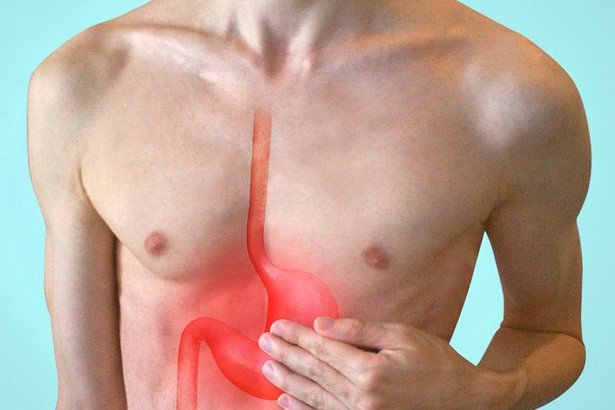
Gastritis: symptoms and nutrition to combat it
Gastritis is a fairly common disorder that manifests itself mainly as burning and pain in the stomach. The most common causes of gastritis are chronic intake of certain medications (such as non-steroidal anti-inflammatory drugs), bacterial infection with Helicobacter pylori or an unbalanced diet
The disease picture, therefore, can be very variable and involve a different type of treatment depending on the triggering causes, the symptoms and the level of severity.
Acute or chronic gastritis: what are the causes?
As we have said, gastritis can develop in an acute or chronic form.
Acute gastritis episodes arise mainly in connection with an incorrect diet and lifestyle, in which there is an abuse of fatty and irritating foods and alcohol or cigarette smoke, or in association with thyroid disease or the intake of NSAIDs (non-steroidal anti-inflammatory drugs).
Psychophysical stress and trauma can also cause episodes of gastritis.
Chronic gastritis, on the other hand, has a slower onset time, lasts for a long time and develops due to a Helicobacter pylori infection.
In some cases, chronic gastritis may remain asymptomatic for some time before the progressive onset of symptoms.
Symptoms of gastritis
The symptoms of gastritis tend to be the same for both the acute and the chronic form.
What varies is the presence of one or more symptoms and their intensity.
These include:
- Burning
- Abdominal pain
- Cramps
- Lack of appetite
- Nausea
- Vomiting
What to eat and what to avoid with gastritis?
The first and most important step when it comes to gastritis is to change one’s lifestyle and diet.
Gastritis sufferers must get used to eating small, frequent meals and avoid irritating foods that cause stomach acidity: spices and spicy foods, but also fried foods and saturated fats.
Among drinks, it is best to avoid alcohol, coffee and fizzy drinks.
There are also a number of bad habits that contribute to the exacerbation of gastritis, such as cigarette smoking, a sedentary lifestyle and poor and irregular sleep.
This is why it is advisable to avoid smoking, consistently follow aerobic physical activity and regularise the sleep-wake cycle.
In particular, physical activity has beneficial effects on both the digestion process and mood because it helps to counteract stress.
What tests should be done for gastritis and how is it treated?
If the symptoms persist for several days and do not resolve with changes in lifestyle or diet, it is advisable to consult a specialist who will prescribe in-depth examinations.
The most common of these are the stool examination, the breath test useful for assessing the possible presence of a Helicobacter pylori infection and oesophagogastroduodenoscopy.
EGDS consists of the introduction from the mouth of a thin tube at the apex of which a camera is positioned to assess the oesophagus, stomach and duodenum.
It is an invasive examination, carried out under sedation and well-tolerated by patients and is only performed in certain cases.
Drug therapy to alleviate the symptoms of gastritis involves the use of antacids or proton pump inhibitors.
If gastritis is associated with Helicobacter pylori infection, antibiotic treatment will be necessary.
Read Also:
Emergency Live Even More…Live: Download The New Free App Of Your Newspaper For IOS And Android
Pinworms Infestation: How To Treat A Paediatric Patient With Enterobiasis (Oxyuriasis)
Intestinal Infections: How Is Dientamoeba Fragilis Infection Contracted?
Gastrointestinal Disorders Caused By NSAIDs: What They Are, What Problems They Cause
Intestinal Virus: What To Eat And How To Treat Gastroenteritis
What Is Proctalgia Fugax? Symptoms, Causes And Treatment
Internal And External Haemorrhoids: Causes, Symptoms And Remedies
Haemorrhoids: The Newest Tests And Treatments To Treat Them
What Is The Difference Between Haemorrhoids And Fissures?
Blood In The Stool: What Causes It And What Diseases It May Be Associated With
A. Resistant Bacteria: The Important Discovery Of Australia
Infection With Carbapenem-Resistant Enterobacteria
Diarrhoea: What It Is, What Can Cause It And How To Intervene
Gastroenteritis: What Is It And How Is Rotavirus Infection Contracted?


